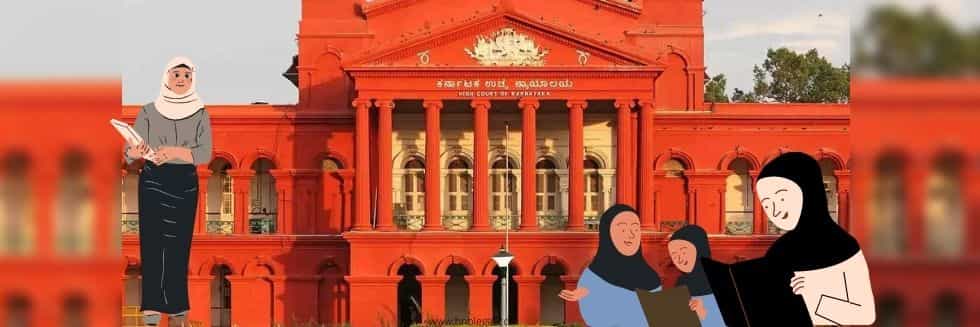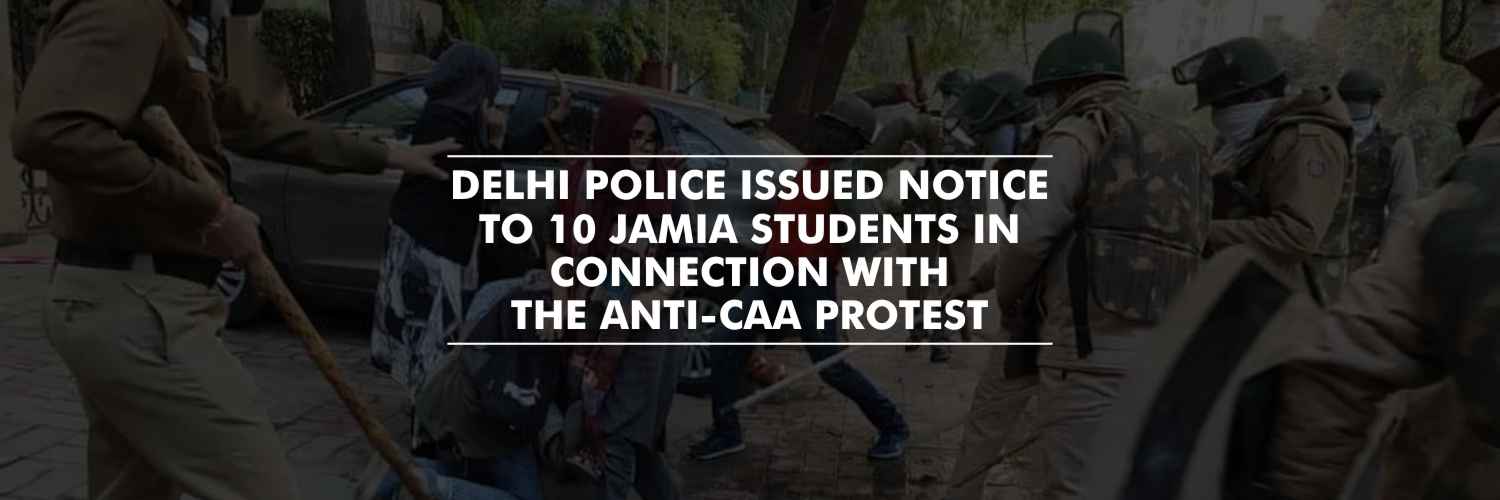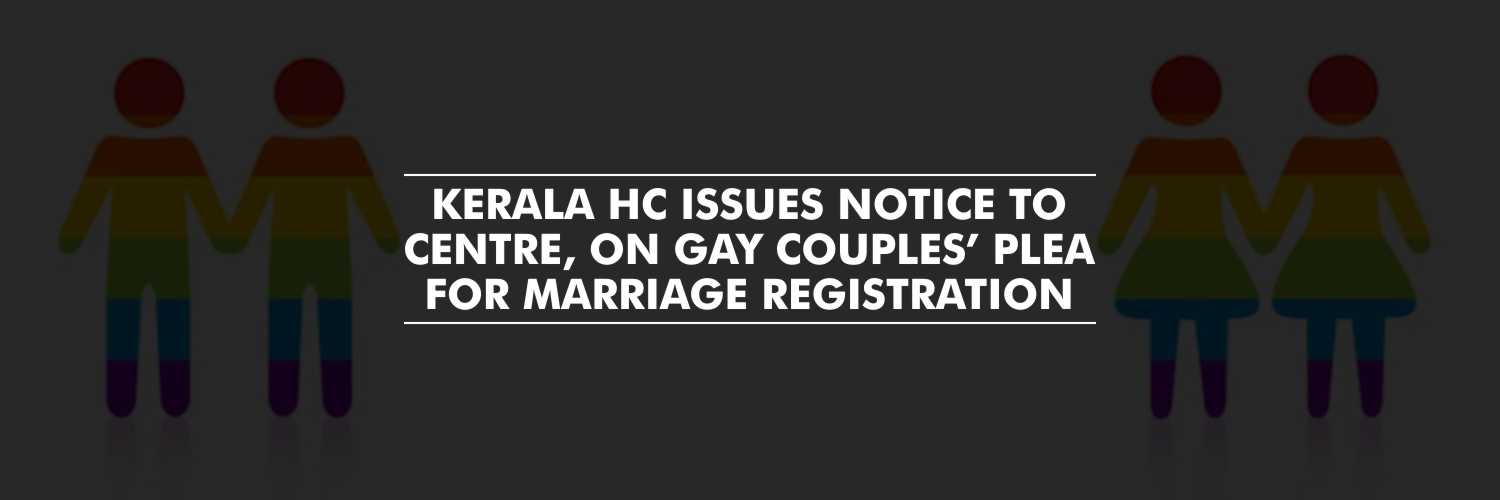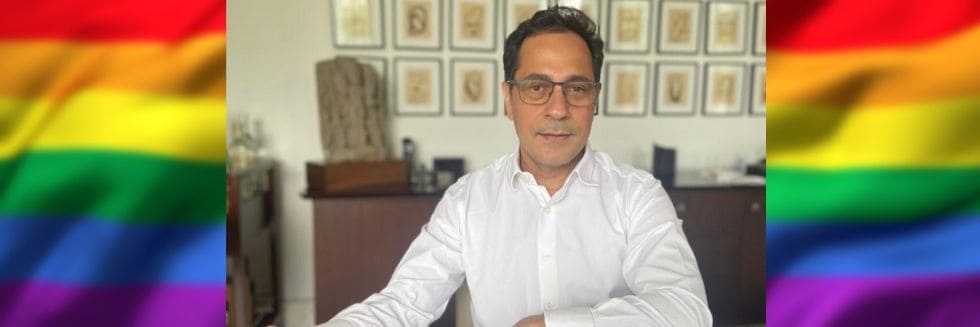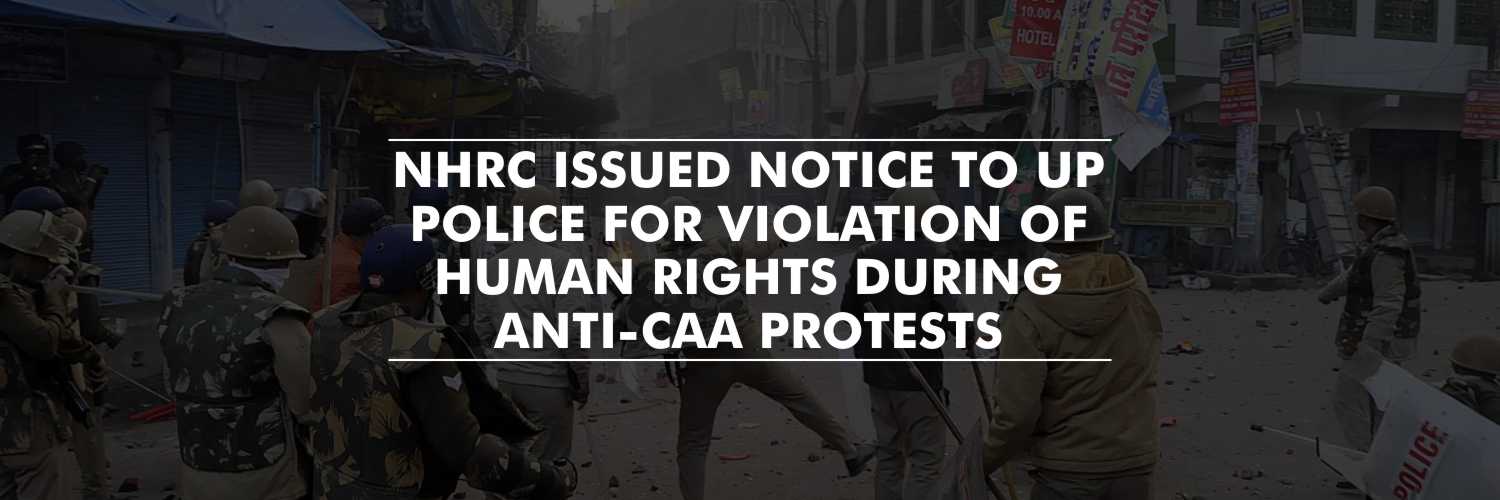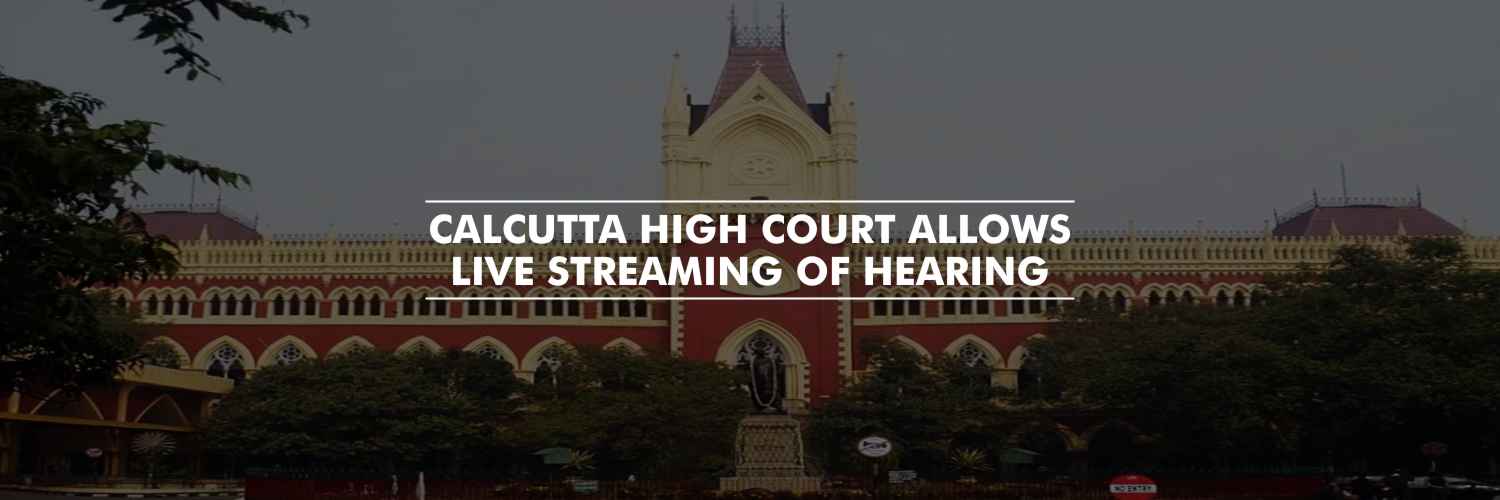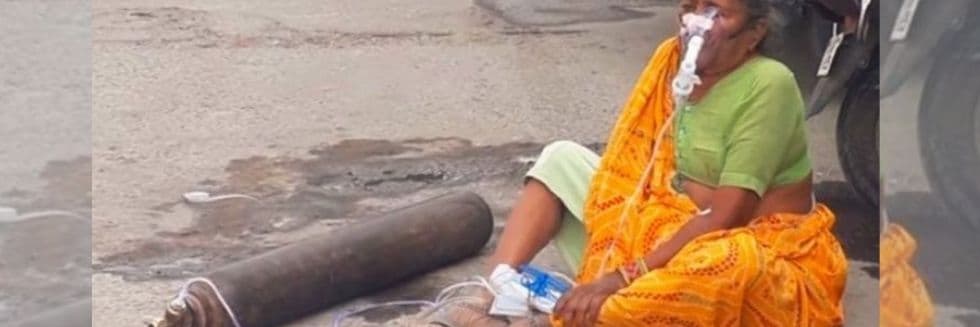Justifying its decision to ban hijab inside government educational institutions, the State government told Karnataka High Court that the practice of wearing hijab must pass the constitutional morality test laid down by the Supreme Court in Sabarimala and Triple Talaq rulings.
Three judge bench comprising Chief Justice Ritu Raj Awasthi, Justice J.M. Khazi and Justice Krishna S. Dixit was hearing a bunch of petitions challenging the government’s order dated February 5.
Advocate general Prabhuling Navadgi, appearing for state government, stated, “There were unfortunate events which took place… the government has been berated in these proceedings, saying that we are dictated by some other reasons when we administered these orders, we have discriminated against girls and women… With all emphasis and all humility at my command, I want to place before your lordships and before a constitutional court, the state believes in treating everyone equal.”
He added that the practice of wearing a hijab is not an “essential religious practice” of Islam and would therefore not be protected by Article 25 of the Constitution, which guarantees the freedom of conscience and free profession, practice and propagation of religion.
AG further stated, “The practice of hijab, to be accepted, must pass the test of constitutional morality and individual dignity, as enshrined and expounded by the Supreme Court in the Sabarimala and Shayara Bano (triple talaq) cases.”
Chief Justice Awasthi questioned the necessity to quote judgments in the February 5 order. “They were suggesting something,” said Justice Dixit.
Navadgi submitted, “We (the state) have consciously kept ourselves away from this. We have given autonomy to the college development councils to decide upon uniforms, including the issue related to hijab.”
“In so many words you have not stated that wearing of hijab should be prohibited. But for a commoner, the order addresses common people like college teachers, students, parents, members of the CDC. How will they interpret this? Can colleges or schools ignore this part of the order?” Justice Dixit said.
“On better advice, possibly, those things could’ve been avoided. The attack on it is irrational. It gives a communal color, discriminates against Muslim women is absolutely without basis,” Navadgi said.
Asserting that hijab is not an essential religious practice of Islam, Navadgi said that the “freedom of conscience” was different from the “right to propagate religion”.
He went on to add, “Hijab certainly comes in the manifest exercise of the right to practice of religion. It is a right they are trying to exercise pursuant to religion but it wasn’t an essential religious practice.”
Submitting that GO dated February 5 is in consonance with the 1983 Karnataka Education Act, Navadgi submitted that the order is innocuous in nature and does not interdict any of the rights of the petitioners.
What Did Karnataka Government Order Dated February 6 Say?’
The controversy erupted in December when six Muslim girls were denied entry into school for wearing hijab. On February 6, the Karnataka government issued an order under Section 133 (2) of the Karnataka Education Act, 1983.
The order empowered the state government to issue directives for government educational institutions to follow.
Reportedly, the order stated that a headscarf is not part of the uniform, and that wearing a headscarf is not an essential religious practice for Muslims that can be protected under the Constitution.
The order also quoted judgments of the Supreme Court and various high courts to argue that banning hijabs in schools and colleges is not a violation of the fundamental right to practise religion.
Several petitions have been filed challenging that GO order. Taking note of the intense situation in the state, the High Court bench passed an interim order on February 11. The order restrained students from wearing any religious clothing in the educational institutions till the matter is resolved.
